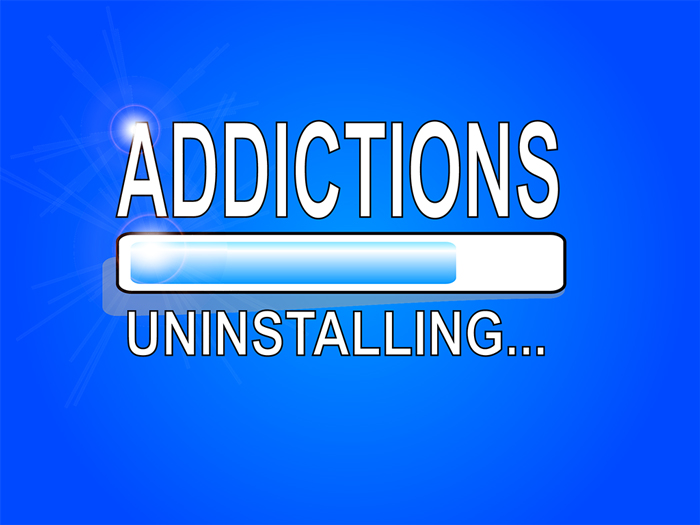Sometimes during the recovery process, people will turn to other substances or activities to replace, or substitute, the substance(s) from which they are detoxing.
This can be a subconscious exchange and is often overlooked by their loved ones because, when in comparison with the original substance, the substitute might not seem dangerous at all; it can even be mistaken as progress and encouraged since the original substance is not being abused.
However, replacing the original substance with something else is still very dangerous because it means that the original cause for the addictive behavior is still present. As long as the underlying issue is still at work, then the biological illness of addiction will be in control.
Four Common Addiction Substitutes:
1) Work: Sometimes people will pour too much of themselves into their work, studies, or talents in an effort to “make up” for what they lost during the recovery process. But when the motivation is to please others or earn extrinsic rewards, the activity will not feel fulfilling and could lead to addictive behavior.
2) Food: Many people’s addictions begin as a dependence on the “rush” or “high” that they get when abusing substances, a feeling that comes from dopamine surges in the brain. When working through recovery, some people turn to high-fat and high-sugar foods as a substitute. Just like drugs and alcohol, high-fat and high-sugar foods trigger dopamine surges—and then create feelings of withdrawal when we have to eat more and more to feel the same “high.”
3) Other Substances: Some people might turn to other substances that trigger dopamine release in an effort to alleviate the pain of withdrawal, substances like marijuana, cigarettes, alcohol, and prescription medication. While there are some medications that are prescribed specifically to make the withdrawal process easier, it is essential that these types of medications are monitored closely by rehabilitation specialists, doctors, psychiatrists, and the client’s loved ones. As with any addictive behavior, it’s important to examine and address the underlying causes rather than finding replacement substances.
4) Relationships and Sex: Not all substitute addictions are material; they can also come in the form of relationships. It might be difficult to tell if the person you love is experiencing an unhealthy substitute addiction or a healthy and welcome ability to have a relationship. Relationships and sex become problematic when they are used as a way to find fulfillment outside of oneself. They can become addictive when they are continued despite recurring harmful or negative consequences.
Essentially, substitute addictions can occur as people, objects, or behaviors; it is different for each person. No matter what the substitute is, the real danger is that it is still an addiction. Just because the substitute itself might be objectively much healthier, e.g. food, when objectively compared to the original substance, e.g. heroin, does not mean that this addictive behavior can be overlooked.
In order to make sure that substitute addictions are not developed and the original cause of addictive behaviors is resolved, look for a rehabilitation center that offers comprehensive therapy methods: i.e. cognitive and dialectical behavioral therapy, and trauma-informed approaches. For example, the Aviary’s philosophy is to “help you work through the challenges that fueled your habits, so you can focus on your goal of recovery…While alcohol and drug addiction is the primary reason people come to us for treatment, there are often underlying co-occurring issues that can be stumbling blocks to recovery.”
If you or someone you love is working through the addiction rehabilitation process, and some of these substitute addictions and behaviors seem familiar, ask medical professionals for help resolving the underlying issues.










